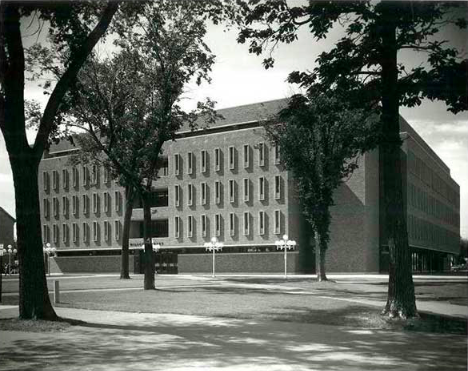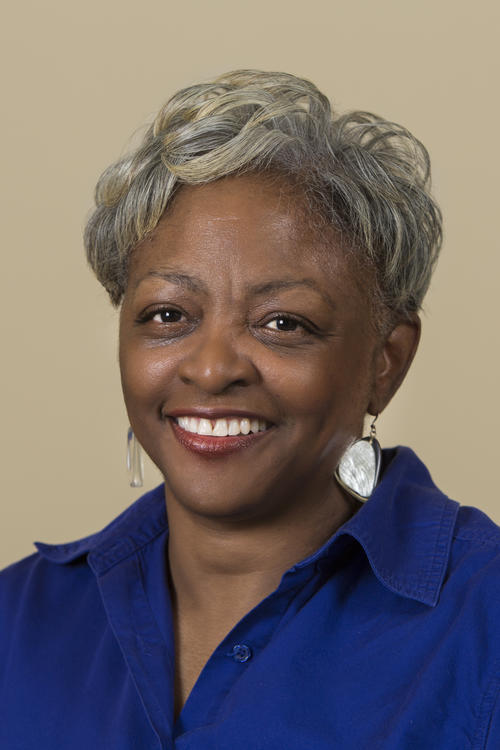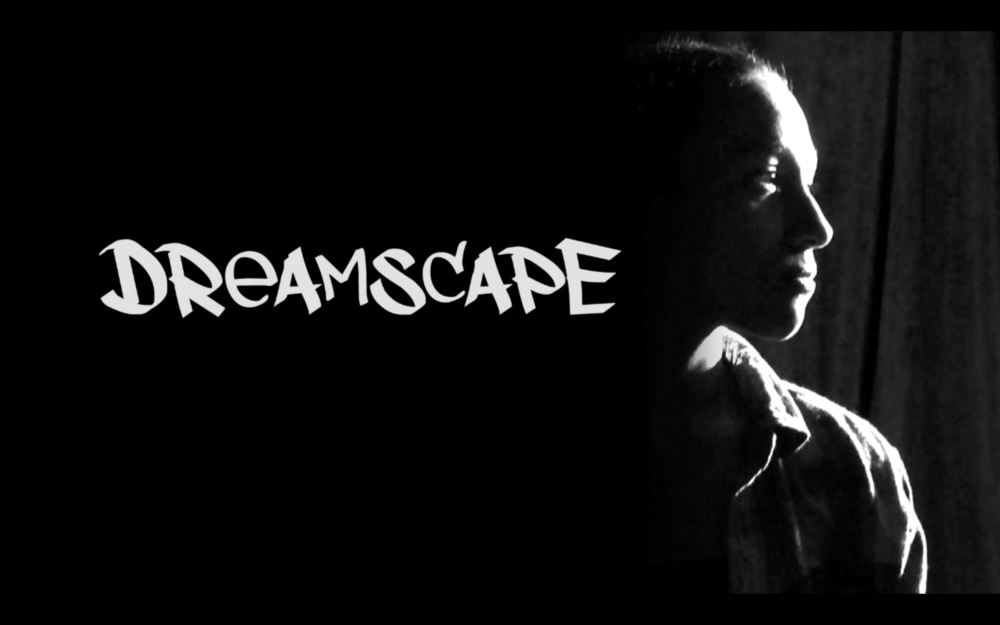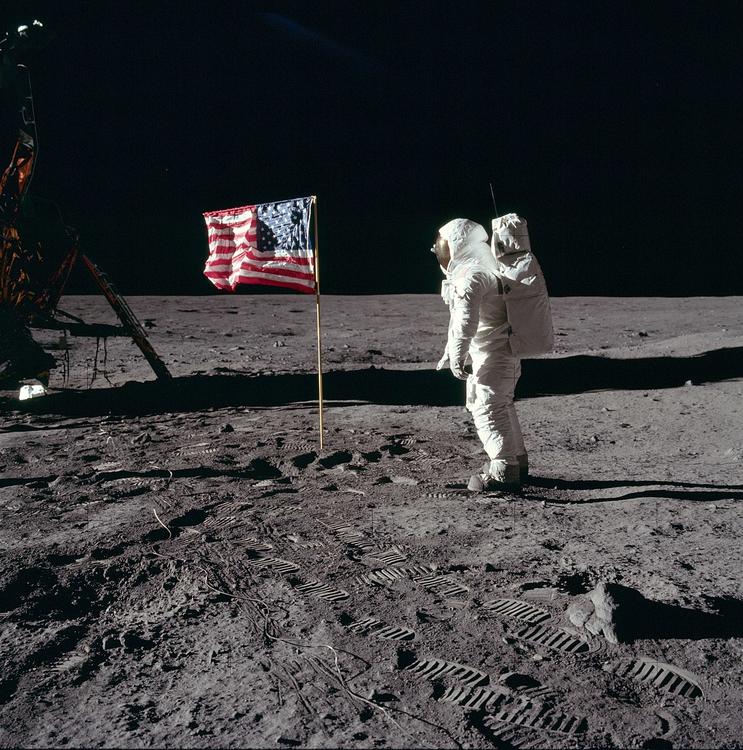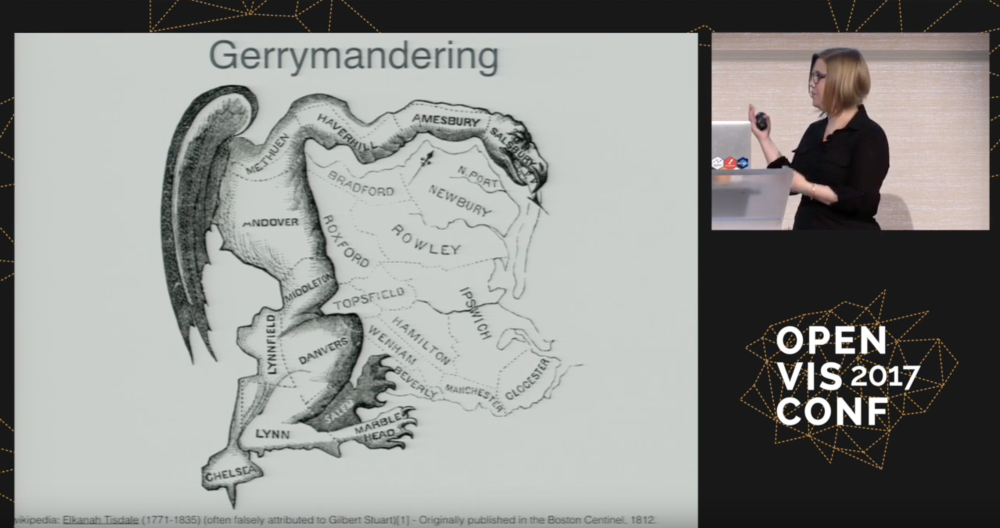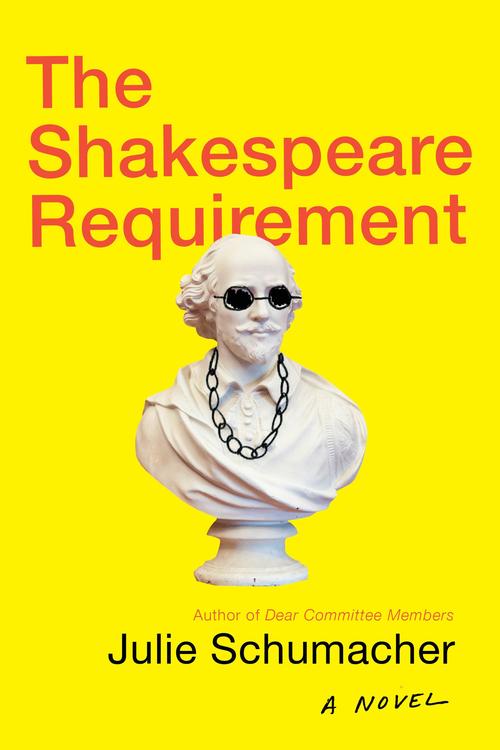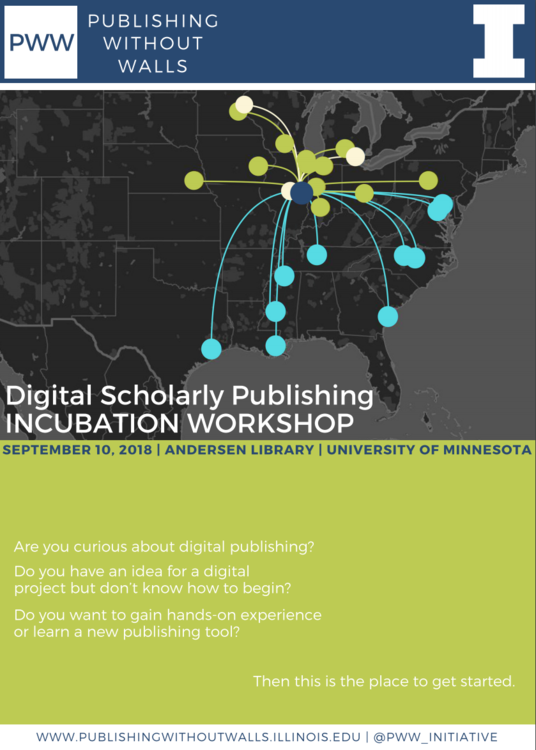U-Spatial | Workshop: Mapping 1968, Conflict and Change
1968 was one of the most turbulent years of the 20th century. 2018 marks the 50th anniversary of that year’s landmark political, social and cultural events--events that continue to influence our world today. Are you interested in politics, student riots, racism, redlining, civil rights, wild and scenic rivers designations, Laugh-in and popular culture, or advancements in the space program? Have you considered spatial relationships among factors that diminish social equity, environmental safety, and ultimately, quality of life? Then you are interested in mapping 1968.
